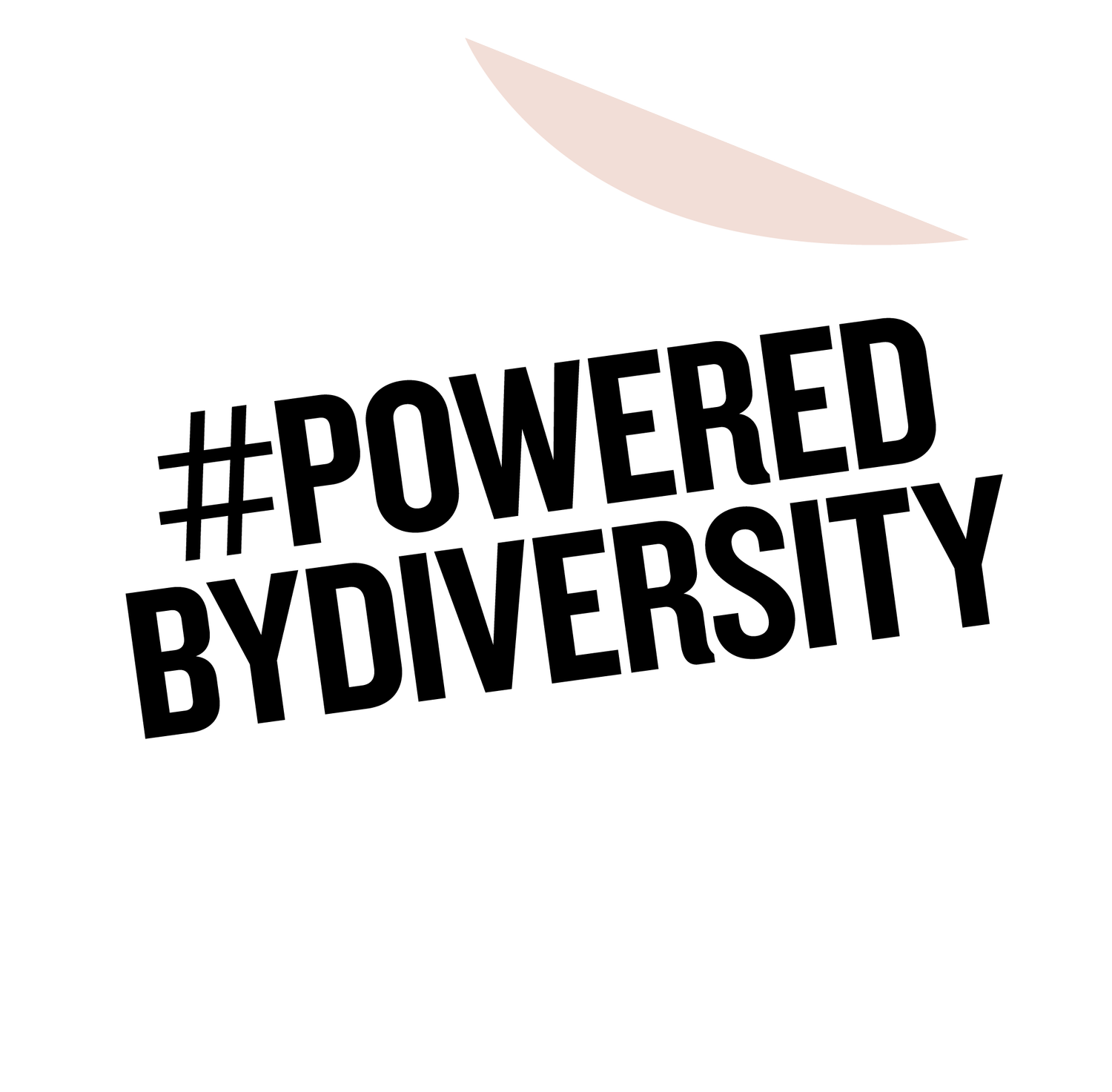Let’s talk about Black hair Through the Ages - The Crown We Never Take Off
Black hair is resilient and versatile. An extension of identity and expression of who we are.
Growing up, I have both fond and cringe-worthy memories regarding my hair. Spending hours using a hot comb, learning about womanhood while simultaneously avoiding nape burns from pressing combs, and squeezing my eyes shut as my mother would say just a few more minutes as lye relaxer would set my scalp ablaze—all in the name of achieving bone-straight sleek hair.
It wasn’t until after I got married 10 years ago when my worn-out strands forced me to go undergo a big chop— which entailed cutting off all of my damaged and over-processed hair—that catapulted me in learning more about the roots of my natural hair.
I think one thing a lot of non-black people don't realise is just how much maintenance African-type hair is. If somebody says I'm washing my hair tonight, it can be like a three-hour job - it's an excuse for why you wouldn't go out.
One of the earliest expressions of Black hair would undoubtedly be cornrows. Commonly cited as far back as 3000 B.C., cornrows symbolised status, ethnicity, wealth, and rank amongst other socioeconomic spheres in Africa.
Conversely, hairstyles such as locs and bantu knots also have deeply rooted origins. As early as 2500 B.C., Hindu scripture depicted the god Shiva wearing twisted locks of hair known as “jataa” while bantu knots, notably worn by individuals of the Zulu tribe, stemmed from the term of identifying subgroups within South Africa.
In early African civilisations, hairstyles could indicate a person's family background, tribe and social status. Just about everything about a person's identity could be learned by looking at the hair.
Fascinating stuff, I know! Join me at the Cultural Calendar Club on Oct 20th and let’s celebrate the theme of BHM 2023 by #salutingoursisters hairstyles :)
Here’s why the issue of hair discrimination is so important - Untangling the problem of hair discrimination at work
About the author
Originally from Nigerian-Liberian heritage, Nkechi moved to Wales in 2003 and holds a BA Joint Hons French and Language Studies degree from Cardiff University. Nkechi is a qualified Marketing specialist with a post graduate degree in Professional Marketing and Integrated Communications from the University of South Wales. Nkechi is a fluent speaker of 3 major languages and has supervised linguist training and qualification for 15-members as an English language assistant at 2isa in the South of France and mentored 25 trainees in Shandong, China as part of the study China programme hosted by Manchester University in 2013.
Nkechi is currently the Diversity, Inclusion and Wellbeing manager at Coleg Gwent, where she oversees all plans to promote and develop diversity, inclusion, and wellbeing training programs to enhance employee understanding on inclusion issues. In 2020, Nkechi was a speaker on the Welsh Area of the Institute of Water series of “Black Voices in the Water Industry” webinars - HERE . She has a huge passion for diversity and equality and extensive knowledge on Black History. Some of her current writing includes the "how to talk about race" toolkit, “Black Hair story” and “Skills training manual for ethnic minority staff seeking promotion opportunities”.
Nkechi is a member of the Black History Wales 365 management committee, and she is also an Anti- racism trainer for Race Council Cymru. Nkechi supports community engagement while sitting on the board of several voluntary organisations including, Arts and Business Cymru, Tennis Wales, and the first African Community Centre (ACC) in Wales. Nkechi aspires to encourage boys and girls from ethnic minority communities to use their voices to empower the world and to promote a more accepting society.
About the Collective
The Powered By Diversity Collective works with Powered By Diversity to produce a wealth of lived experience playbooks, videos and other training materials to give businesses the tools to create a truly equitable, diverse and inclusive workplace.
Further materials (available though subscription to the Powered By Diversity award winning data platform)
An Allies' Guide to Anti-Racism for the Workplace
What You Need to Know About Unconscious Bias
An Ally’s Guide to Inclusive Language
#BlackHair #NaturalHair #Hair #ProtectiveStyles #Braids #Beauty #Black #CurlyHair #Hairstyles #BoxBraids #NaturalHairstyles #HealthyHair #BlackHairstyles #Hairstyle #HairGoals #Cornrows #BantuKnots

